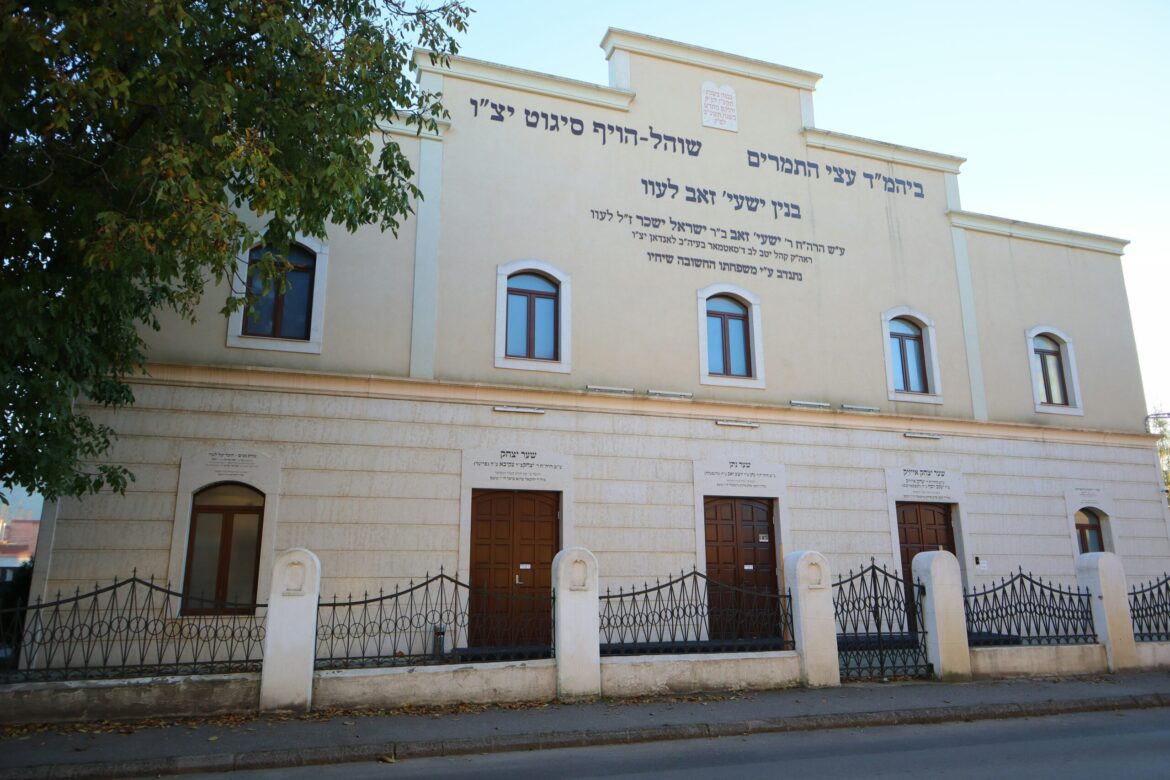A real estate event promoting Israeli properties, held at the Adas Torah synagogue in Los Angeles, became the flashpoint for heated demonstrations in late June. Protesters, many of whom identified with pro-Palestinian causes, gathered in opposition to what they saw as the event’s endorsement of Israeli settlements in disputed territories. Their outrage stemmed from a belief that such promotions contribute to the ongoing displacement of Palestinians and the expansion of controversial settlements.
The demonstration quickly escalated into physical confrontations between protesters and attendees of the event. Eyewitnesses described tense scenes as tempers flared, leading to shoving, scuffles, and injuries that required police intervention. Video footage circulating on social media showed people grappling near the synagogue entrance, while others shouted slogans and waved flags. The Los Angeles Police Department responded swiftly, dispersing crowds and initiating an investigation into the violence.
In the aftermath, community leaders and public officials condemned the incidents and called for calm. Mayor Karen Bass issued a strong statement of concern, saying, “The events of yesterday have cast a shadow of fear not just in this community or in our city, but regionally and nationally.” She emphasized that freedom of expression must not cross into violence or intimidation, especially in sacred spaces.
The Jewish Federation of Los Angeles expressed deep concern about the nature of the protests, noting that the synagogue appeared to be deliberately targeted. In a public response, the organization remarked, “What we saw yesterday and are witnessing time and again across the nation are protests that devolve into excuses to target and harm Jews.” Their statement echoed broader worries about rising antisemitic incidents and the increasingly fraught climate surrounding the Israeli-Palestinian conflict on American soil.
The incident has reignited debates about the boundaries of protest, the rights of religious communities, and the importation of global conflicts into local contexts. City officials have since promised to bolster security for religious institutions, particularly those perceived as potential flashpoints for ideological clashes.
The clash at Adas Torah stands as a stark reminder of how international disputes can fuel domestic unrest, challenging communities to find ways to engage in passionate political expression without crossing into violence or hate. As investigations continue, both supporters and critics of the event are calling for accountability, transparency, and a commitment to safeguarding public safety while upholding democratic freedoms.

